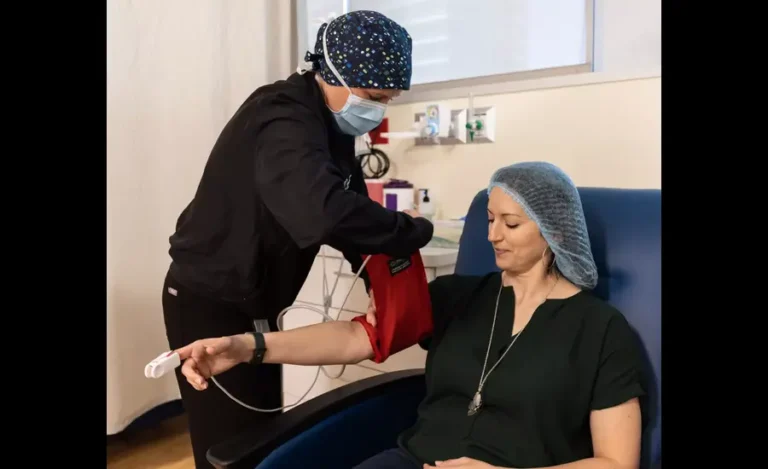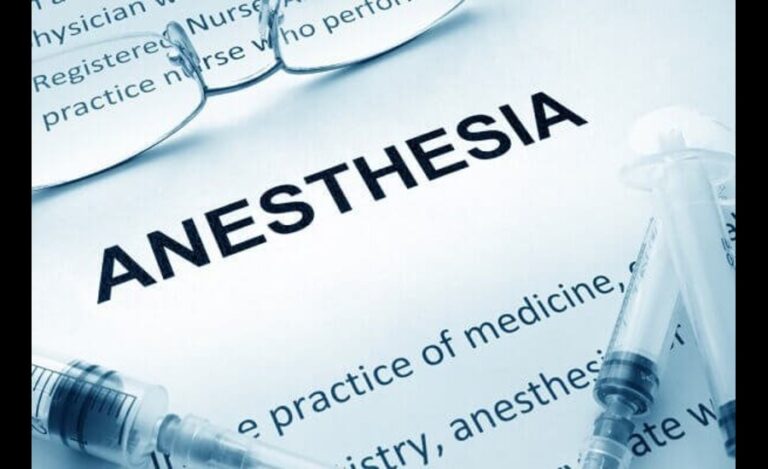Addressing Mental Trauma Alongside Physical Rehabilitation After a Car Accident
After the repercussions of a car crash, the focus often lands squarely on mending physical injuries. However, the emotional scars left by the trauma can be just as devastating. The victim has to handle the potential psychological effects and coping mechanisms and also seek professional help to ensure a well-rounded recovery journey.
In this article, we will explore the crucial role of addressing mental health alongside physical rehabilitation after a car accident.
Understanding the Impact of Mental Trauma
The aftermath of a tragic accident can leave a lifelong effect that extends far beyond bodily injuries. According to WHO, around 20 to 50 million people suffer from non-fatal injuries. Many of them suffer from physical disabilities. Mentally, this can lead to a sense of isolation, hopelessness, and nervousness.
Victims may experience a range of sentiments, including shock, denial, anger, and intense fear. Flashbacks, nightmares, and hypervigilance – a constant state of heightened alertness – can disrupt sleep and daily life.
Physically, the stress of trauma can manifest as stomach aches, headaches, and changes in hunger. The body essentially remains in a state of fight-or-flight, hindering the healing process and overall well-being.
Importance of Early Intervention and Treatment
According to Forbes, post-traumatic stress disorder is a widespread mental health problem after a tragic accident. It is experienced by 3.5 million adults annually after witnessing or experiencing a traumatic accident. Early involvement and inclusive treatment are critical for maximizing recovery after a tragic accident.
Prompt medical attention ensures physical injuries receive proper care, minimizing the risk of complications and promoting a smoother healing process. However, addressing mental trauma is equally important.
Seeking professional help from therapists or counselors equips victims with coping mechanisms to manage difficult emotions and process the experience. This combined approach fosters a holistic recovery, allowing individuals to heal not just physically but also regain a sense of emotional security and well-being.
Integrating Mental Health Support into Physical Rehabilitation
According to the National Institute of Mental Health, every year, millions of people suffer from mental health problems. According to estimates, only 50% of them receive proper treatment and mental health support. Integrating mental health support into physical rehabilitation isn’t about creating separate tracks. Instead, it’s about weaving mental well-being into the fabric of the recovery process.
Physical therapists can screen for signs of depression, concern, or fear of movement. Additionally, collaboration with psychologists or social workers allows for techniques like relaxation exercises or cognitive-behavioral therapy to be incorporated into the rehabilitation plan. This empowers patients to manage stress and negative thoughts, which can significantly improve pain tolerance and adherence to exercise routines.
The advantages are multifold: improved mental well-being fosters a more positive outlook, boosting motivation and resilience during challenging physical therapy sessions. This holistic approach ultimately leads to faster physical recovery and a higher quality of life after the accident.
Seeking Legal Assistance from an Auto Accident Lawyer
The physical and mental road to retrieval after a car accident can be long and intricate. According to TorHoerman Law, in some cases, legal assistance from an auto accident lawyer can be a valuable step. They can help navigate the legal system, ensuring you receive fair compensation for medical bills, lost wages, and pain and suffering.
For instance, a few months ago, an accident news was reported in The Kansas City Star, in which a volleyball player lost her legs. The accident took place when Janae Edmondson, 17, was walking towards her hotel along with her family in St. Louis. A driver sped through the yield sign and struck a car. The car that was hit crashed into Edmondson. Both her legs were removed as a result of the accident, as reported by the officials.
We can’t even imagine what physical pain and mental trauma a victim goes through in similar cases. While a doctor can handle mental and physical injuries, the legal aspects can be handled by a local St. Louis auto accident lawyer. These lawyers specialize in personal injury lawsuits arising from car crashes.
They can handle communication with coverage providers, investigate the cause of the accident, and build a sturdy case to maximize your reimbursement. Ultimately, seeking legal help can alleviate some of the financial burden and allow you to focus on healing, both physically and mentally.
Strategies for Coping and Resilience Building
In the face of a traumatic experience, fostering resilience is key to navigating the healing journey. Here are some strategies to consider:
- Connect with your support system: Lean on loved ones, friends, or support groups for emotional comfort and a sense of belonging.
- Practice self-care: Prioritize activities that nourish your mind and body, like spending time in nature, relaxation techniques, or hobbies you enjoy.
- Challenge negative thoughts: Cultivate a more positive outlook by focusing on your strengths and past achievements.
- Seek specialized help: Don’t feel shy about seeking therapy or counseling. A mental health professional can equip you with tools for managing emotions, processing the trauma, and building resilience for the long road ahead.
Frequently Asked Questions
What are the common signs of mental trauma following a car accident?
Common signs of mental trauma after a car accident include flashbacks, nightmares, anxiety, and avoidance of reminders of the crash.
How can I seek treatment for mental trauma alongside physical rehabilitation?
Talk to your doctor about your mental health problems. They can refer you to a therapist or counselor specializing in trauma who can provide therapy and support during your rehabilitation.
How does legal help address mental trauma and compensation after a car accident?
Legal help itself doesn’t directly treat mental trauma, but a car accident lawyer can help you recover compensation for your mental health treatment. This can ease the financial burden of therapy and counseling, allowing you to focus on healing both mentally and physically. Additionally, documenting your mental trauma through the legal process can strengthen your case for compensation for pain and suffering.
In conclusion, car accidents leave a complex mark, impacting both body and mind. While physical rehabilitation is crucial, so is addressing mental trauma. By recognizing the signs, seeking early intervention through therapy, and integrating mental health support into physical therapy, survivors can empower themselves to heal holistically.
Legal assistance can further aid recovery by alleviating financial burdens and ensuring fair compensation for the full impact of the accident. Remember, prioritizing your mental well-being is just as vital as physical recovery on the road to reclaiming your life after a car accident.






